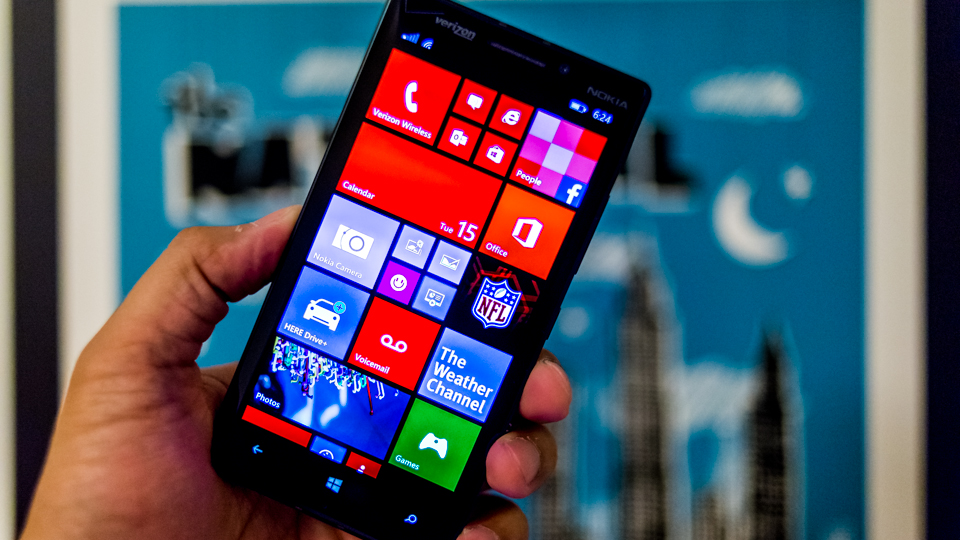Microsoft's Windows Phone strategy: short-term pain for long-term gain?
The challenge the mobile market poses for Microsoft

Microsoft had a tricky week last month, with its widely circulated email outlining extensive (and heavily Nokia-focused) job cuts being followed by a weaker-than-expected profit announcement.
Nevertheless, shares in the company are doing well. The reason? Faced with ultra-competitive mobile markets in terms of both operating systems and handset brands, a degree of in-house streamlining is a logical step.
Looking at some of the long-term figures here is perhaps the best way to underline the scale of the challenge that Microsoft now faces as it attempts to regain ground at both the premium and more affordable ends of the mobile market.
Once dominant Nokia has taken a tumble over the last five years, with ownership figures as tracked by GlobalWebIndex across 32 countries slipping from 37% in summer 2011 to just 18% in Q2 2014. It still posts strong figures in a number of fast-growth markets like Vietnam, India and Indonesia, but has fallen to as little as 6% in the US. As millions among the smartphone generation embraced the sheen of the iPhone or the affordability of Samsung's range, Nokia was caught napping.
Microsoft's mobile operating system has considerable ground to cover too. By Q2 2014, the dominance of iOS and – in particular – Android is pretty plain to see. Globally, Android is now being used by an impressive 69% of the mobile audience, with iOS claiming a further fifth. Both have also seen consistent rises since 2011 (albeit with Android's increases being by far the fastest), whereas the share for Microsoft's Windows Phone OS has contracted from 11% to just 6%.
Along with BlackBerry – an OS that has seen a similar decline over the last four years – Microsoft has struggled to check the rising popularity of alternative operating systems and will now need to work hard to convince people of its relevance and credentials.
Targeting budget territory
In his email to employees, Microsoft VP Stephen Elop stated that the company plans "to drive Windows Phone volume by targeting the more affordable smartphone segments". But the problem here is that this is the exact part of the market in which Android has enjoyed such phenomenal success – with usage typically being highest among the lower income quartile.
Sign up to the TechRadar Pro newsletter to get all the top news, opinion, features and guidance your business needs to succeed!
Similarly, Microsoft hopes to "win in the higher price segments" by delivering "great breakthrough products". Yet Apple's enduring popularity among wealthier demographics will be an obvious barrier to this.
That said, Microsoft's incorporation of Nokia seriously increases the potential impact of any new offering and gives the two mobile brands their best chance of regaining share. But with Apple rumoured to be readying its largest iPhone yet, and Android's rise showing no signs of weakening, it's little wonder Microsoft wants to "right-size our manufacturing operations to align to the new strategy and take advantage of integration opportunities."
- Jason Mander is Head of Trends at GlobalWebIndex